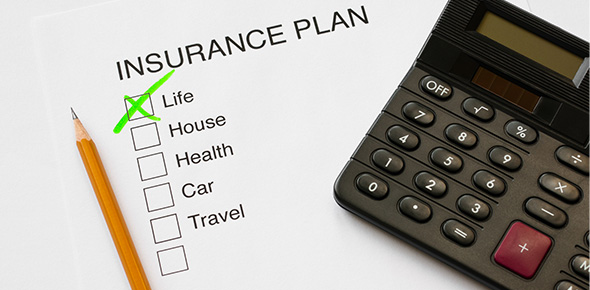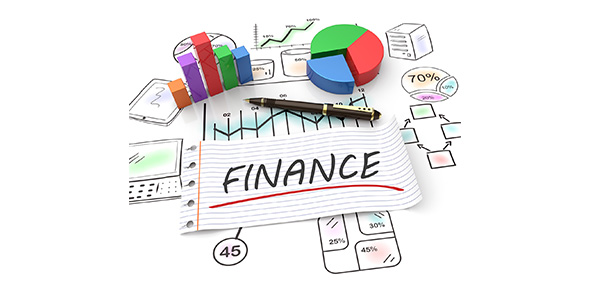Related Flashcards
Related Topics
Cards In This Set
| Front | Back |
|
Accounting
|
The information system that identifies, records, and communicates the economic events of an organization to interested users.
|
|
Assets
|
Resources a business owns.
|
|
Balance Sheet
|
Financial statement that reports the assets, liabilities, and owner's equity at a specific date.
|
|
Accounting Equation
|
Assets = Liabilities + Stockholder's Equity
|
|
Bookkeeping
|
A part of accounting that involves only the recording of economic events
|
|
Common Stock
|
The total amount paid in by stockholders for the shares they purchase.
|
|
Corporation
|
A separate legal entity, organized under corporate law, having ownership divided into transferable shares of stock.
|
|
Cost Principle
|
An accounting principle that states that companies should record assets at their cost.
|
|
Dividend
|
A distribution by a corporation to its stockholders on a pro rata or equal basis.
|
|
Economic Entity Assumption
|
Requires that the activities of an entity be kept separate and distinct from the activities of its owners and all other entities.
|
|
Ethics
|
The standards of conduct by which one's actions are judged right or wrong, honest or dishonest, fair or not fair.
|
|
Exenses
|
The cost of assets consumed or services used in the process of earning revenue.
|
|
Fair Value Principle
|
An accounting principle that states that companies should record their assets at fair value.
|
|
Faithful representation
|
Numbers and descriptions of financial information match what really existed or happened.
|
|
Financial Accounting
|
The field of accounting that provides economic and financial information for investors, creditors, and other external users.
|








